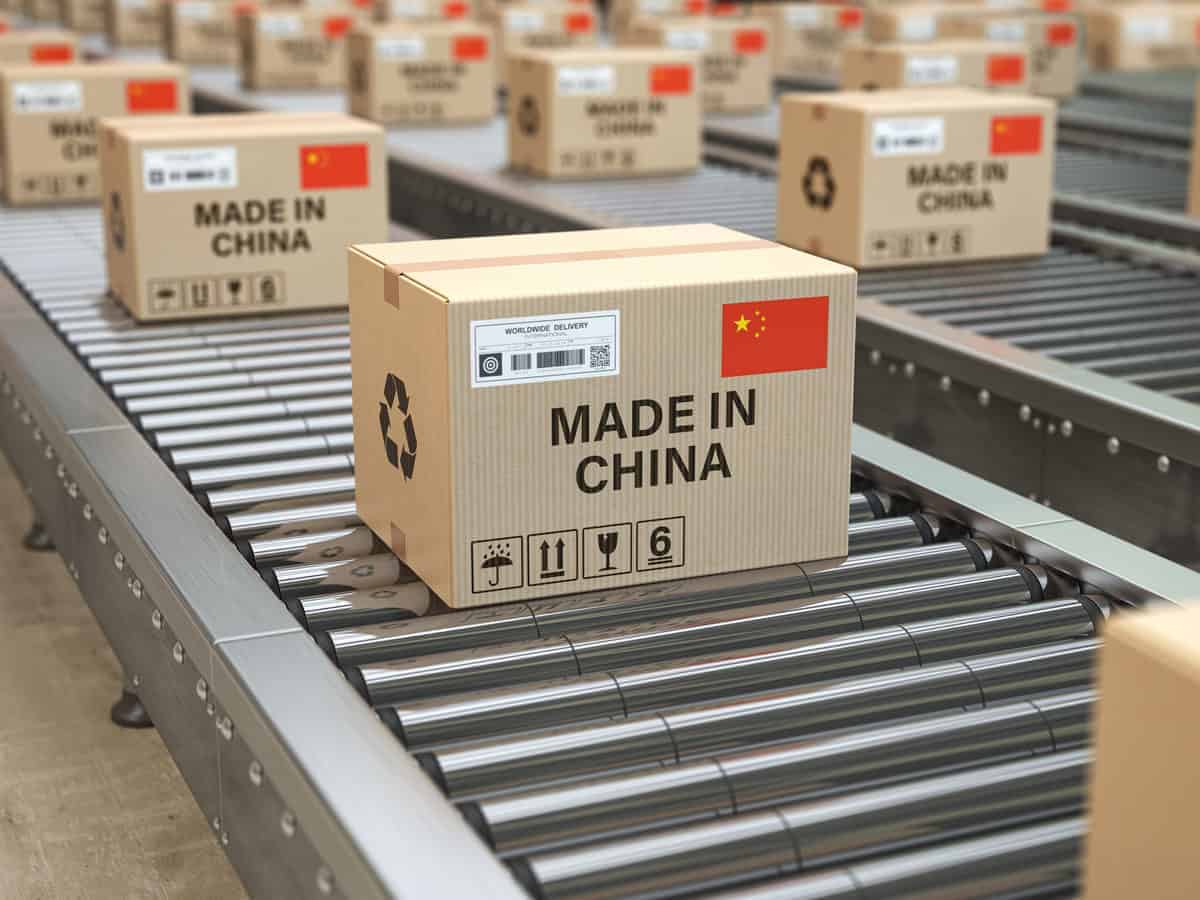By Kingshuk Nag
The East India Company (EIC) was established on the last day of 1600 in London to trade with India. Within a few years, it had set up a factory in Surat and in 1615, Sir Thomas Roe –representing the company’s interests-was at the court of Emperor Jahangir seeking concessions for trade for the English. He was not quite successful but the EIC continued to operate in India going from strength to strength. In fact, the EIC raised an army to protect and further its interests. By 1757 it had become so powerful that it was fighting a war. In that year Robert Clive led an army of the EIC to defeat and depose Nawab Siraj-Ud-Daulah, the ruler of Bengal. That officially marked the entry of the British into India. After 1857- hundred years hence- following the abortive bid by the Indians to kick them out, the Queen’s government took over the rulership of India and continued till 1947 before they were forced to go out. In the interim period, they looted the wealth of India and plundered riches worth billions of pounds which went towards building Great Britain. The wealth that was India’s went to finance Britain’s Industrial Revolution.
This is a cautionary tale that we must remember as the Chinese have slowly begun to enter India. There is no Chinese East India Company but in the long term, the Chinese presence can similarly result in the loot of India and threaten the sovereignty of India. After shouting India China bhai bhai in the 1950s and hailing the rise of Chinese economic power 1990 onwards, Indian policymakers have just now awakened to the Chinese danger.
Earlier this week the Indian authorities realized that even in the midst of the Corona epidemic, the Chinese have been palming off third-grade stuff to India including test -kits to check whether a person being tested was suffering because of Corona infection. Incidentally, the kits have just been imported and came to India just a few days ago. “Thus not only did the Chinese export the disease to the world but then tried to palm off sub-standard stuff to check the disease and make money,” said a senior physician in Delhi. China watchers said that it is not uncommon for the Chinese to palm off such stuff to India that is rejected or will not be acceptable in the western markets.
Over the years, slowly but surely Chinese stranglehold over India is tightening. China is now India’s second-largest trade partner and the trade is heavily tilted in favour of the former. What is more, the trade reflects a ‘colonial pattern’- Indian exports raw materials to China, and the Chinese export finished goods. India exports iron ore, granite, copper aluminium, raw cotton and other commodities to China. But Chinese sell to India all manners of phones and electronics, specialized steel, solar panels and other manufactured products. About 14 per cent of India’s imports come from China but only 5 per cent of Indian exports go to China.
In some ways, China is ‘subsidizing’ its exports including to India. This would look contrary to common logic but this is part of a Chinese strategy to get other countries hooked to their wares. It also does not allow countries like India receiving the products to set up industries that can compete in producing stuff that can match the low prices of Chinese imports. In some ways, these are goods that are ‘dumped’ into India but the anti-dumping laws are such that it is not easy to prove this.
After turning the trade balance in their favour, the Chinese are now exporting capital to India through tech companies like Alibaba and others. These companies have provided finances to well- known Indian brands like PayTM, Zomato and Bigbasket and many others. In fact, e-commerce and fintech are favourites of Chinese investors. Analysts say that the Chinese move is certainly with the idea of getting into the contemporary industry in India.
The Chinese stranglehold over the telecom industry in India is well known. Xiaomi, OnePlus, Oppo, Vivo and Realme are named quite well known to Indian consumers even as Siemens and Motorola are beginning to be forgotten. In order to ensure that its name becomes a household name, Vivo coughed up Rs 2100 crore to be the title sponsor of the IPL Cricket series (the series is now unlikely to happen because of the Corona epidemic). Analysts estimate that Chinese investors till now have put more than $ 27 billion in Indian startups. Thankfully the Indian government has now woken up to the Chinese threat and earlier this week revised the Foreign Direct Investment (FDI) policy for countries that share borders with India. Now FDI from neighbouring countries will require special permission from the government and the move comes as it became public that the People’s Bank of India raised its stake in HDFC. The Chinese government has protested against the policy change.
China is a rising authoritarian and mercantilist superpower which cleverly wants to promote the Chinese model as an alternative to the western model of development. This is clear with the idea of eclipsing developed countries like the USA and acting as a hurdle in the way of fast-developing countries like India. But will the Chinese policy succeed? It will depend on moves by India to checkmate the Chinese.



